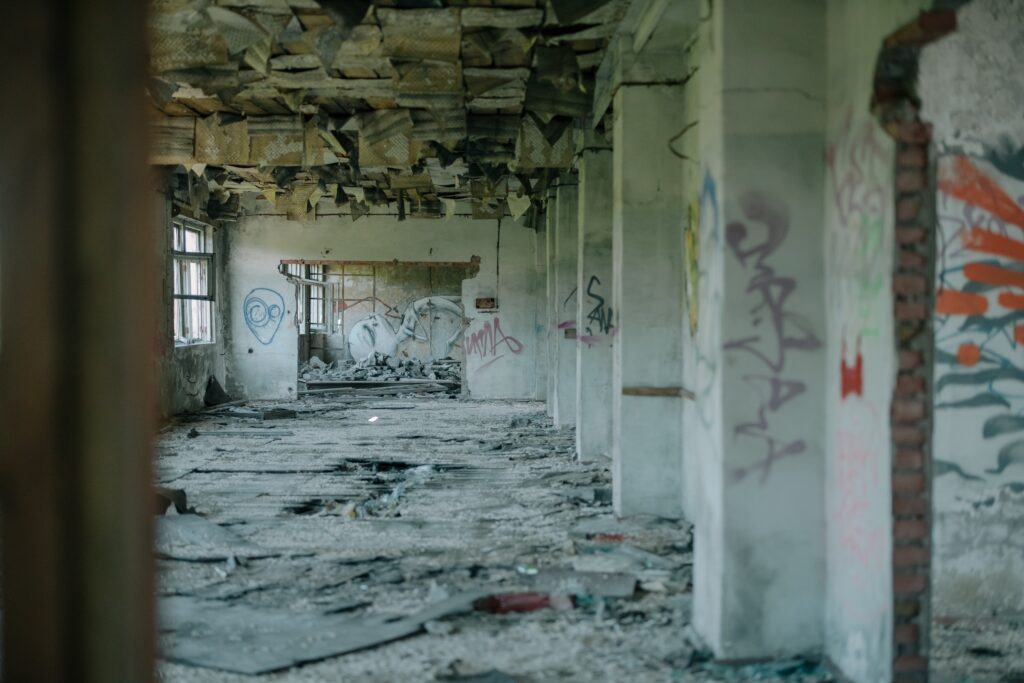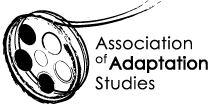 Call for Proposals
Call for Proposals
Images of Apocalypse and Postapocalypse in Contemporary Theatre, Drama, Film, and Media
International Conference
16-17 November 2023: University of Lodz Posthumanities Research Centre, Department of English Drama, Theatre, and Film, University of Lodz, Poland
As Rosi Braidotti repeatedly reminds us, we live in the age of the fourth industrial revolution and the sixth extinction, both happening simultaneously and shaping our daily lives. The looming apocalypse, or rather apocalypse in progress, intertwines with scientific and economic development on a monumental scale. For many people, such a vision of reality exists only in the realm of denial or fiction, but culture relishes in the potential offered by apocalyptic prospects of
what the world might turn into. As Andrew Tate notes, “apocalypse is widely understood in the shared, popular imagination as a kind of classy synonym for spectacular destruction, death on a vast scale and the collapse of all that society might hold dear” (Apocalyptic Fiction, Bloomsbury 2017). Tate aptly observes that “We now live in an era of apparent continual catastrophe,” arguing that “pre-apocalyptic anxiety” defines 21st century writing in general. Apocalyptic writing, according to Tate, is distinguished by two main features: the civilizational collapse and the survival vision that follows it.
We wish to invite conference papers and presentations that look at various dramatic, theatrical, cinematic, and media works intent on exploring multiple crisis scenarios and reflecting upon the condition of contemporary society. We are particularly interested in analysis of works which discuss end-of-the-world or end-of-civilization motifs, apocalyptic and postapocalyptic landscapes, as well as epidemics or outbreak narratives. During the conference, we would like
to explore the ways in which works of drama, theatre, art, and media through their (post)apocalyptic focus explore the cultural, social, and political fears and anxieties of our times, addressing the issues of ethics, morality, class, gender, ethnicity, ecology, consumerism, etc. In our discussions, we hope to investigate possible readings of various scenarios, ranging from those embracing posthuman pessimism of our condition, through those offering hopeful alternatives, to the ones cherishing the revolutionary and liberating power of apocalypse.
We are also interested in works and artistic projects which offer formally challenging, experimental and innovative ways to represent apocalyptic visions. Techniques of writing, staging and composing modern works of art test new forms of communicating the aesthetic, revolutionary, and socially rebellious potential of (post)apocalyptic thinking through drama, theatre, site-specific or
physical performance, multimedia and multimodal literary projects or documentary and socially inclusive film and media practices. We encourage participants to submit proposals analyzing how apocalyptic thinking enforces formal experimentation which facilitates the search for innovative methods of artistic communication.
We invite papers addressing the following issues:
- apocalypse or apocalypses – the repeated and inevitable threats of an
ending - the apocalypse under way – living and surviving the apocalypse
- Robinsonian salvaging as the apocalyptic trope
- apocalypse as the interrogation of modernity (postcolonial and feminist
critique) - apocalypse and images of global capital, labour, precarity and justice
- apocalypse and dystopia/totalitarianism
- apocalypse as the critique of humanism
- women-centered apocalypse
- queer apocalypses
- apocalypse and the indigenous people
- apocalypse and people with disabilities
- apocalypse and formal experiment
- apocalypse and social transformation
- apocalypse and the cultural subconscious/repressed
- survival horror
- social resilience and sustainability in literature and art
- literary, dramatic and theatrical images of climate apocalypse
The event is the tenth edition of a biennial Drama Through the Ages Conference which has been organised by the Department of English Drama, Theatre, and Film.
The conference is held in English.
